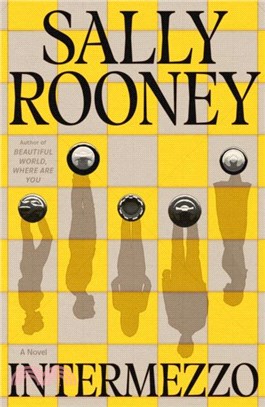定價
:NT$ 2399 元優惠價
:90 折 2159 元
無庫存,下單後進貨(到貨天數約45-60天)
下單可得紅利積點:64 點
商品簡介
相關商品
商品簡介
This edited volume investigates knowledge networks based on materials and associated technologies in Prehistoric Europe and the Classical Mediterranean. It emphasises the significance of material objects to the construction, maintenance, and collapse of networks of various forms - which are central to explanations of cultural contact and change. Focusing on the materiality of objects and on the way in which materials are used adds a multidimensional quality to networks.
The properties, functions, and styles of different materials are intrinsically linked to the way in which knowledge flows and technologies are transmitted. Transmission of technologies from one craft to another is one of the main drivers of innovation, whilst sharing knowledge is enabled and limited by the extent of associated social networks in place. Archaeological research has often been limited to studying objects made of one particular material in depth, be it lithic materials, ceramics, textiles, glass, metal, wood or others.
The knowledge flow and transfer between crafts that deal with different materials have often been overlooked. This book takes a fresh approach to the reconstruction of knowledge networks by integrating two or more craft traditions in each of its chapters. The authors, well-known experts and early career researchers, provide concise case studies that cover a wide range of materials.
The scope of the book extends from networks of craft traditions to implications for society in a wider sense: materials, objects, and the technologies used to make and distribute them are interwoven with social meaning. People make objects, but objects make people - the materiality of objects shapes our understanding of the world and our place within it. In this book, objects are treated as clues to social networks of different sorts that can be contrasted and compared, both spatially and diachronically.
The properties, functions, and styles of different materials are intrinsically linked to the way in which knowledge flows and technologies are transmitted. Transmission of technologies from one craft to another is one of the main drivers of innovation, whilst sharing knowledge is enabled and limited by the extent of associated social networks in place. Archaeological research has often been limited to studying objects made of one particular material in depth, be it lithic materials, ceramics, textiles, glass, metal, wood or others.
The knowledge flow and transfer between crafts that deal with different materials have often been overlooked. This book takes a fresh approach to the reconstruction of knowledge networks by integrating two or more craft traditions in each of its chapters. The authors, well-known experts and early career researchers, provide concise case studies that cover a wide range of materials.
The scope of the book extends from networks of craft traditions to implications for society in a wider sense: materials, objects, and the technologies used to make and distribute them are interwoven with social meaning. People make objects, but objects make people - the materiality of objects shapes our understanding of the world and our place within it. In this book, objects are treated as clues to social networks of different sorts that can be contrasted and compared, both spatially and diachronically.
主題書展
更多
主題書展
更多書展今日66折
您曾經瀏覽過的商品
購物須知
外文書商品之書封,為出版社提供之樣本。實際出貨商品,以出版社所提供之現有版本為主。部份書籍,因出版社供應狀況特殊,匯率將依實際狀況做調整。
無庫存之商品,在您完成訂單程序之後,將以空運的方式為你下單調貨。為了縮短等待的時間,建議您將外文書與其他商品分開下單,以獲得最快的取貨速度,平均調貨時間為1~2個月。
為了保護您的權益,「三民網路書店」提供會員七日商品鑑賞期(收到商品為起始日)。
若要辦理退貨,請在商品鑑賞期內寄回,且商品必須是全新狀態與完整包裝(商品、附件、發票、隨貨贈品等)否則恕不接受退貨。



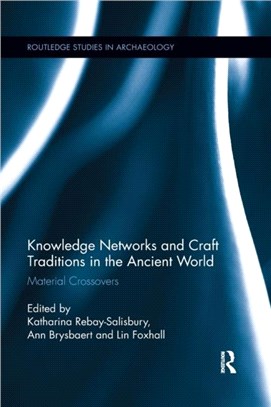






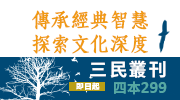




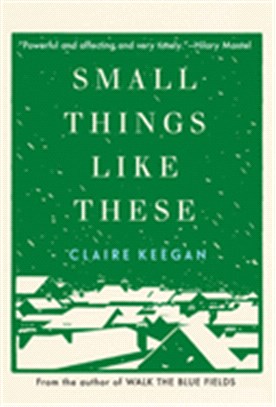

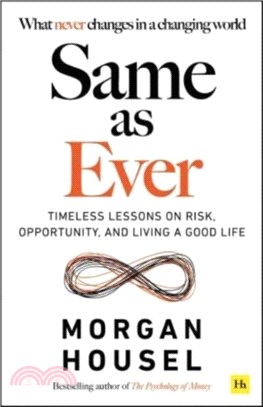


![Wicked [Movie Tie-In]:魔法壞女巫電影原著](https://cdnec.sanmin.com.tw/product_images/006/006285284.jpg)

